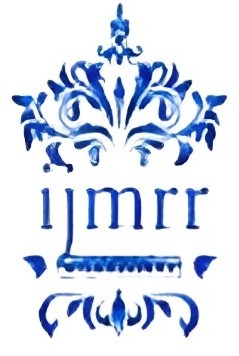Low-Dose CT Image Denoising Using Cycle Consistent Adversarial Networks
Abstract
Computed tomography (CT) has been widely used in
modern medical diagnosis and treatment. However,
ionizing radiation of CT for a large population of
patients becomes a concern. Low-dose CT is actively
pursued to reduce harmful radiation, but faces
challenges of elevated noise in images. To address
this problem and improve low-dose CT image
quality, we develop an image-domain denoising
method based on cycleconsistent adversarial
networks (CycleGAN). Different from previous deep
learning based denoising methods, CycleGAN can
learn data distribution of organ structures from
unpaired full-dose and low-dose images, i.e. there is
no one-to-one correspondence between full-dose
and low-dose images. This is an important
development of learning-based methods for low
dose CT since it enables the model growth using
previously acquired full-dose images and later
acquired low-dose images from different patients.
As a proof-of-concept study, we used the NIH
AAPM-Mayo Clinic Low Dose CT Grand Challenge
data to test our CycleGAN denoising method. The
results show that the proposed method not only
achieves better peak signal-to-noise ratio (PSNR)
for quarter-dose images than non-local mean and
dictionary learning denoising methods, but also
preserves more details reflected by images and
structural similarity index (SSIM). Our investigation also reveals that a larger sample size leads to a
better denoising performance for CycleGAN.











